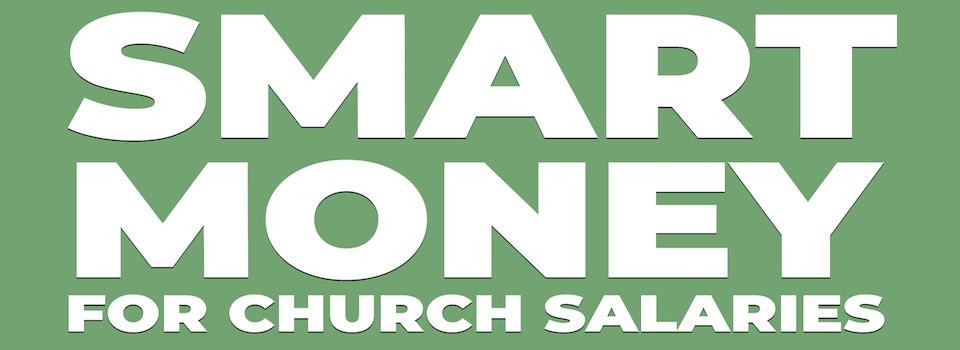Saturday, September 8, 2018
Hey Fletch … I am confused about exempt and nonexempt employees. My understanding is that an employee paid an hourly rate is not exempt. Are there exceptions? I’m under the impression our employee “Ann” would be eligible for overtime for any hours worked over 40 in a one-week time period. But my manager is telling me that’s not true.
My manager replied that it depends not only on hours, but also on the “class” of the employee, whether they are exempt or non-exempt. An HR director from a sizable company walked through it all with us. They said that we can have hourly employees that are exempt and non-exempt. It depends on the nature of their duties and whether or not they have “supervisory” responsibilities and independent decision making which Ann does. I believe Ann averages 39 hours.
Thank you for helping me understand this!
DRF—First let me say that pastors are exempt from the Fair Labor Standards Act. The Department of Labor writes about the FLSA that it “establishes minimum wage, overtime pay, recordkeeping, and child labor standards.” Workers who are exempt from the FLSA can work more than 40 hours in a week without extra compensation, are not required to keep a timecard and do not need to take meal and rest breaks, among other regulations.
Pastors are exempt because, like some other workers, they are considered “professional.” Other kinds of exempt employees are executives, managers and certain administrative personnel. Each of these three classes of exemption have job requirements associated with it. You can read about those here.
In addition to the job requirements for FLSA exemption, the employee must exceed the federal salary minimum of $23,660 a year. Certain states have a higher salary minimum for exemption. For example, California requires that exempt employees receive at least two times minimum wage. In 2018, that comes to $45,760. Exempt employees must be paid a salary … you cannot pay them for the number of hours worked.
For executives, managers and some administrative personnel to be exempt, the job requirements and the salary minimums must both be met. Otherwise, you must pay the staff person overtime if they work more than 40 hours in a week. California, and perhaps your state, has extra provisions, such as overtime is required if the employee works more than 8 hours a day, or more than 40 hours a week or seven days in a row.
Whether a church classifies an employee as “hourly” or “salary” has no bearing on their exemption status. Suppose that a church pays a non-exempt employee a salary and that employee works overtime. The church must compute the employee’s hourly wage (which is their annual salary divided by 2080 working hours in a year) and then pay at least time and a half for every hour worked overtime.
Get this right for your church … otherwise you will be in a heap of trouble.










